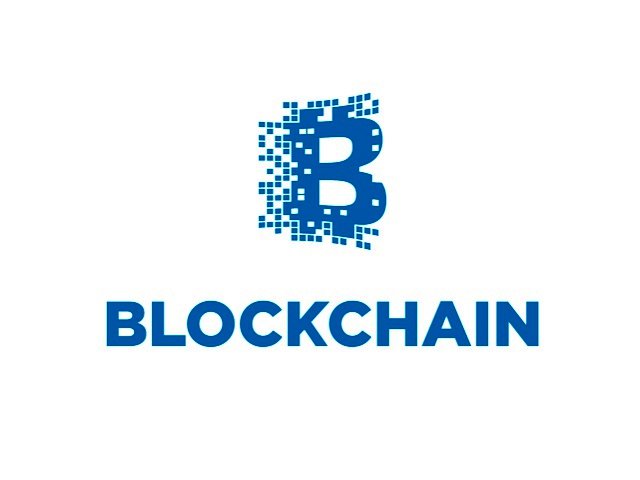You may have come across the term collaborative- or sharing economy, but if you have caught a ride from Uber, rented a room on AirBnB, or used Fon’s Wi-Fi Access Pass to access online services overseas, you are already an active participant in the sharing economy.
The sharing economy involves peer-to-peer service rentals that enable anyone to become a retailer, ad hoc taxi service, bed-and-breakfast, or rent out their unused bandwidth when it is convenient for them, all enabled through technology such as mobile applications, cloud computing and blockchain.
Blockchain is the enabling technology behind the digital asset and payment network Bitcoin. It has consequently become known as an emerging way for businesses, industries, and public organisations to almost instantaneously make and verify transactions, streamline business processes, save money, and reduce the potential for fraud.
Business as unusual through blockchain
At its core, the collaborative economy is about sharing information as well as resources, and then enabling financial transactions – or the compensation for the services, product rentals and data – to occur much faster, safer and cheaper. Payment systems based on a blockchain can fuel business growth for start-ups, SMEs and enterprises alike with direct payment of digital currencies.
However, distributed ledgers can handle much more than payments. These can be used as a platform for smart digital contracts that apply across industries and introduce disruptive business models.
For instance, British singer and songwriter Imogen Heap is using blockchain technology to swing the power pendulum in favour of artists and content creators within the music industry. Heap releases new music on a site called Ujo Music, on which people can purchase songs they like, with the money going directly to the artist and the other people directly involved in creating the track such as the producers, writers, and sound engineers for instance.
Making blockchain more accessible
This kind of technology is not the exclusive abode of large corporations with huge budgets, as Microsoft makes it quick for companies of any size to benefit from the collaborative economy with its Azure Blockchain as a Service (BaaS) program.
In short, Azure BaaS provides a rapid, low-cost, low-risk platform for organisations of all sizes to collaborate by experimenting with new business processes and contracts to streamline everything from supply chains to trading in capital markets.
Azure BaaS will make the benefits of a distributed ledger ecosystem immediately available to your business and these benefits extend far beyond the financial services sector. For example, in the public sector, a secure, distributed ledger can provide more openness and transparency, and for industries such as the healthcare sector, blockchains eliminate all the cumbersome, costly third-party verifiers such as health information exchanges by directly linking patient records to clinical and financial stakeholders.
This month's business articles sponsored by:






